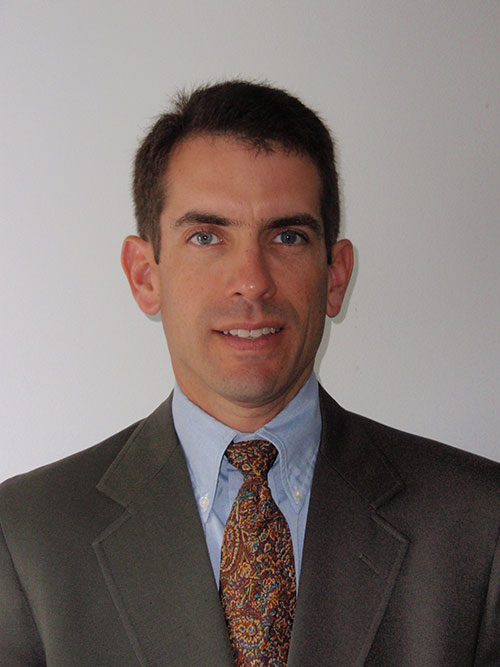Commentary: The Bells of Bethlehem

It is the season of Advent, in which Christians around the world prepare to celebrate the birth of Jesus at Christmas. In the United States, Christmas decorations and music are everywhere — in malls, on lawns and homes, and on the radio and television. The preparations seem at least as cultural (and commercial) as spiritual.
As a Christian, I am sensitive to how people of other faiths react to the pervasiveness of Christmas. A recent episode of the National Public Radio program, “This American Life,” called “Home Movies,” demonstrates this phenomenon. The narrator describes his family’s Rosh HaShanah celebration. In it, his mother begins singing “White Christmas” with her aunt: two Jewish women singing a Christmas favorite during the September gathering!
In some Middle East countries, where Christianity comprises a smaller portion of the Muslim-majority populations, Christmas can also be quite visible. For example, while visiting Syria a few years ago, I saw shops in Damascus’ main market, the Ahmadiyya, selling Christmas decorations. Muslims and Christians alike were buying and selling Santa Claus figures and other symbols of the holiday.
Bethlehem, which scriptures identify as the birthplace of Christ, is ordinarily dressed up for the season. It is naturally a place of focus for Christians around the world who journey to the city, physically and spiritually. Because of Bethlehem’s importance in Christian history, the Church of the Nativity and the old city of Bethlehem were recently recognized as a World Heritage Site by the United Nations Educational, Scientific, and Cultural Organization (UNESCO).
This year, the municipality of Bethlehem decided to scale back its celebrations. In Manger Square, the city’s Christmas tree was lit last week, but there were no fireworks — just Christmas bells — out of respect for those who have been injured and killed during these months of tension. According to the UN, 103 Palestinians and 17 Israelis were killed in October and November; and 11,299 Palestinians and 182 Israelis were injured. Mrs. Vera Babun, Bethlehem’s Christian mayor, commented, “While celebrating Christmas, we [also] celebrate life, joy and hope, but we should do that in a spirit of compassion with those who suffer, and of respect for our dead.”
The world witnesses terrible tragedies in Israel/Palestine and beyond this Christmas season. The Syrian crisis has resulted in the displacement of more than half of the Syrian population, including over 4 million Syrian refugees in neighboring countries. Baghdad, Beirut, and Paris have experienced terror attacks, and the United States has seen an unprecedented number of mass shootings this year. People remain separated from their families and from hope due to wars, unresolved conflicts, and natural disasters.
Mrs. Babun stated, “The situation is critical, but we should keep on crying louder our message of peace, the message of a town which however does not know peace.” As Christians, we walk in solidarity with, and support, people everywhere who suffer indignity, injustice, and pain. At the same time, we prepare to celebrate the birth of our Savior this Christmas season, and the message of hope, joy, love and peace with justice that Jesus taught us. We pray to God that we do that respectfully, with the requisite reflection, and with a renewed commitment to live out our commitments to pray for peace and work together for justice.
Dr. Peter Makari is Executive for Middle East and Europe.
View this and other columns on the UCC’s Witness for Justice page.
Donate to support Witness for Justice through the Neighbors in Need offering.
Click here to download the bulletin insert.
Related News
It’s Time to Get into Good Trouble
On Tuesday, April 3, history was made by U.S. Senator Cory Booker who spoke on the Senate...
Read MoreReflections on a Christian Understanding of State and Government
The testimony of both the Hebrew and Christian scriptures as well as theological reflections...
Read More“What is Wrong with You People?”
I am writing this article from New York City as I engage with CSW, the United Nations...
Read More

